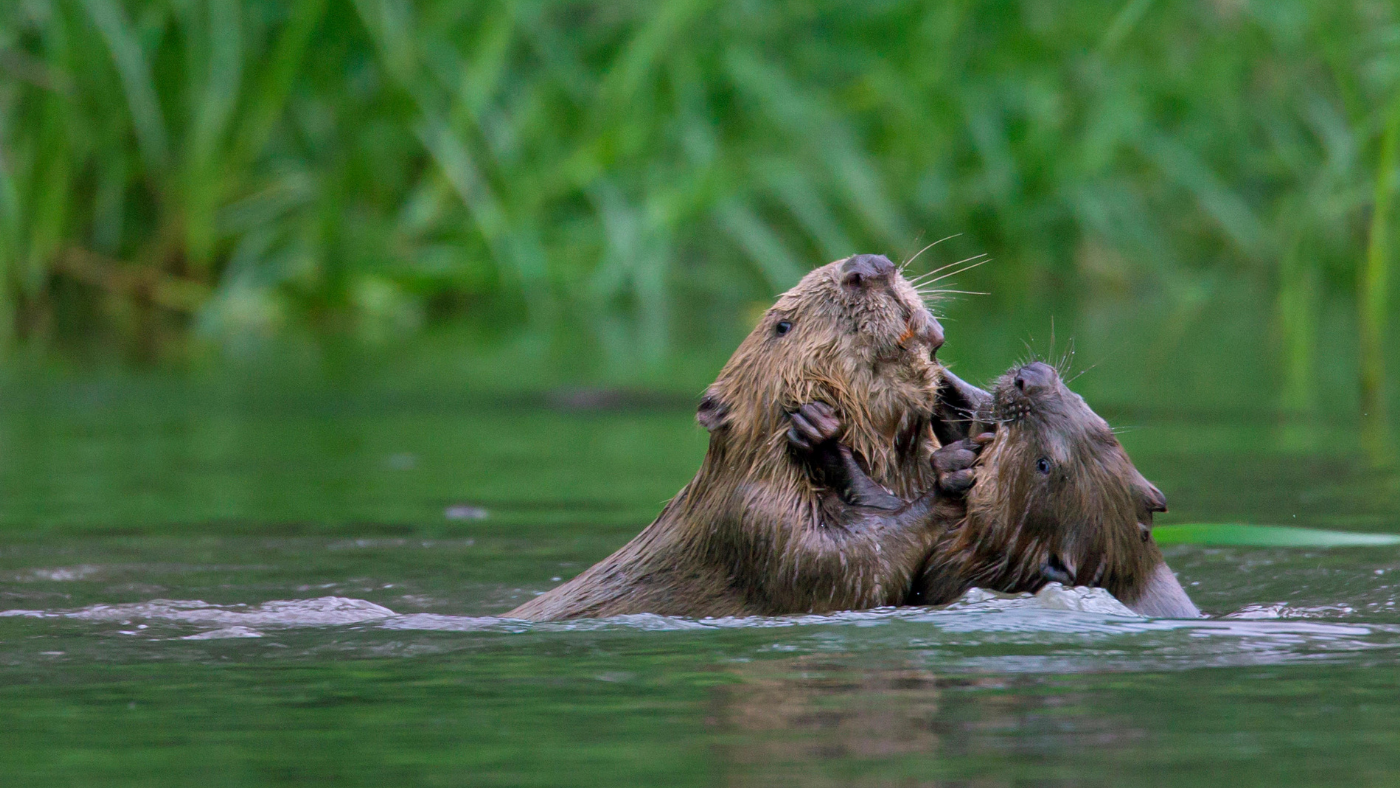Otter accused of killing relocated Loch Lomond beavers
The dead beaver kits were moved from Tayside to RSPB Scotland reserve last month

A free daily email with the biggest news stories of the day – and the best features from TheWeek.com
You are now subscribed
Your newsletter sign-up was successful
An otter is the prime suspect in the killing of two beaver kits released at Loch Lomond recently in a bid to boost biodiversity.
The beaver kits, along with their parents and three siblings, were moved to the RSPB Scotland reserve last month from an area in Tayside where “beaver activity was having a serious impact”, The Times reported. But just weeks later, the lifeless body of one of the kits was spotted alongside an otter during a review of “remote camera footage”, the charity’s Kirsty Nutt revealed in a blogpost yesterday.
A post-mortem examination concluded that the kit had been preyed upon and then eaten. Separate footage indicates that a second kit was also killed, although no body was found.
The Week
Escape your echo chamber. Get the facts behind the news, plus analysis from multiple perspectives.

Sign up for The Week's Free Newsletters
From our morning news briefing to a weekly Good News Newsletter, get the best of The Week delivered directly to your inbox.
From our morning news briefing to a weekly Good News Newsletter, get the best of The Week delivered directly to your inbox.
“It is known that young beavers, particularly small kits, can be predated (killed to eat) by otters, foxes, pine martens, birds of prey and even large pike,” Nutt wrote. The charity was “very sad to have lost these kits despite it being a natural process”, she added, but clips showing the rest of the beaver family alive and well had been “heartening”.
Loch Lomond “is only the third location in Scotland” to which beavers have been moved since a reintroduction trial at Knapdale, in Argyll, began in 2009, said the BBC.
In 2021, the Scottish government announced its support for translocation, which involves “safely trapping and moving the animals to a more suitable area, rather than culling them”, said The Times.
The semi-aquatic rodents were native to Scotland before becoming extinct in the 16th century and are now a protected species.
A free daily email with the biggest news stories of the day – and the best features from TheWeek.com